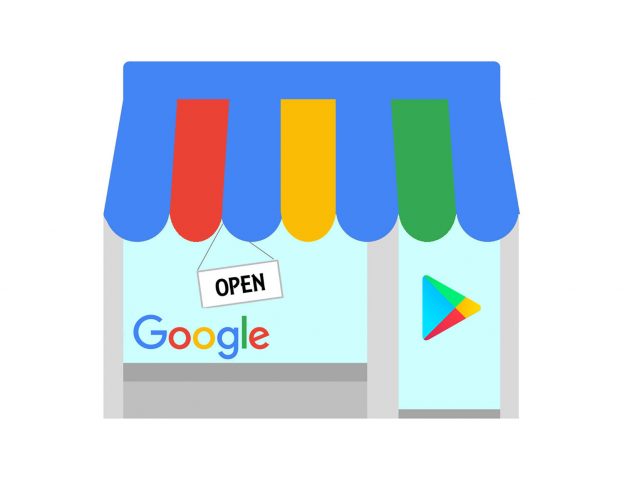Local SEO has grown significantly over the last few years, particularly given the rise of smartphone use.
Local SEO is focused on providing results that are relevant to a potential customer, based on their current location. For example, if someone searches for “best coffee shop” online, Google would provide the results for businesses that are nearest to them. So if your business relies on footfall from customers in a certain area, it’s essential to get your local SEO right.
Here are 20 steps you can take to help your local small business get found on Google.
1. Have a well-designed website.
2. Make sure it’s responsive, i.e. it works just as well on a mobile device as it does on a desktop computer or laptop.
3. Include a blog. Google loves words, so the more copy you have on your website, and the more up-to-date it is, the more likely you are to be found by Google and rank higher in their search results.
4. Include your business address and phone number in your website header/footer.
5. Include a customer reviews/testimonials page.
6. Add a contact page with your address, phone number and an embedded Google map showing your location.
7. Try to have original, high-quality content on every page.
8. Make sure your content is written with SEO in mind. Use a tool like Google Keyword Planner and pick keywords your target customers will be using (you’ll need to set up a Google AdWords account to access this, but it’s free if you don’t actually place any ads).
9. Make sure you have a ‘clean URL’ for every page, i.e. the web address for a page makes sense and is relevant to the content on that page.
10. Give every page a page title.
11. Write a unique description for each page using the keywords you have picked.
12. Use unique and keyword-optimised h1 and h2 heading tags (see step 20 below!).
13. Make sure every image you use has an alt-tag.
14. Link to other pages within your own website.
15. List your company on Google My Business (it’s free). Include a link to your website on the listing.
16. Set up a Facebook business page, and make sure you include your address, phone number, web address, business hours and a short description of what you do.
17. Set up your business on other local directories like Yell.com, Yelp, Foursquare, etc.
18. Open a Google Search Console account. It’s a free service that helps you monitor and maintain your website's presence in Google search results.
19. Open a Google Analytics account and track your website traffic.
20. Ask your local, friendly web developer if you need any help!
